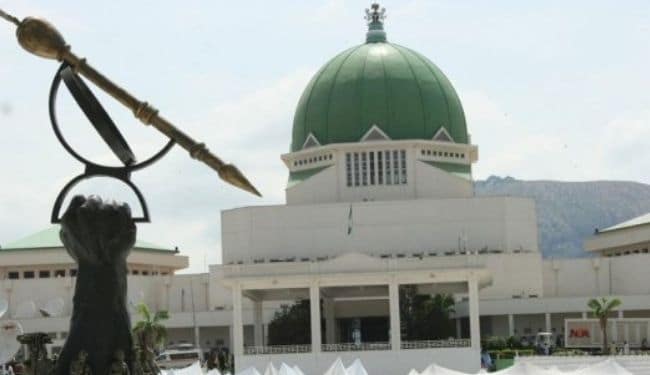Electronic and early voting dominated discussions as the National Assembly’s Joint Committee on Electoral Matters held a one day public hearing on proposed amendments to the Electoral Act.
Stakeholders, including the Independent National Electoral Commission INEC and civil society organizations, made far-reaching recommendations aimed at strengthening transparency, promoting inclusiveness, and modernizing Nigeria’s electoral process.
One of the key proposals canvassed is the compulsory electronic transmission of election results to guarantee transparency and public confidence in future polls.
In the spirit of inclusivity, participants also recommended voter registration and participation by inmates, in line with global democratic practices.
INEC, in its submission, called for a review of Section 47 of the Electoral Act 2022 to make the use of the Permanent Voter Card (PVC) optional, noting that the Bimodal Voter Accreditation System (BVAS) no longer depends on the PVC’s microchip for verification.
The Commission further proposed that registered voters should be allowed to electronically download and print their voter cards, a reform it said would curb the buying and selling of PVCs and significantly reduce logistical costs.
Civil society groups including Yiaga Africa, Centre for Media and Society, International Press Centre, Policy and Legal Advocacy Centre, Nigerian Women Trust Fund, TAF Africa, ElectHER, and the Kukah Centre endorsed the INEC proposal.
They also called for the adoption of alternative voter identification methods, such as the national identity card, driver’s license, international passport, or digitally generated voter cards.
MUST READ:NASS Blames Budget Delays On Procurement Process, Promises Faster 2025 Budget Roll Out
The coalition urged lawmakers to make it a legal obligation for INEC to conduct independent audits of the voter register, to eliminate duplicate and ineligible entries and strengthen public trust in the electoral process.
Another major reform proposal focused on early and special voting for Nigerians whose official duties prevent them from voting on election day such as security personnel, INEC officials, journalists, and other essential workers.
Stakeholders described this provision as vital to guaranteeing the voting rights of all citizens without compromising security or election logistics.
Beyond voter access, participants renewed calls to strip the President of powers to appoint the INEC Chairman and Commissioners, advocating for a transparent, merit-based process that ensures institutional independence and public confidence.
The session also highlighted the need for legal timelines for the testing of electoral technologies, compulsory electronic publication of results, and the creation of an Electoral Offences Commission to prosecute electoral crimes.
Stakeholders further proposed that all election petitions be concluded before the swearing-in of elected officials, to promote political stability and end post-election disputes.
To achieve this, they suggested that elections into State and National Assemblies should be held not later than 185 days before the expiration of their tenure, while presidential and governorship elections should also be conducted no later than 185 days before the end of the incumbent’s term ensuring that all litigations are resolved before new office holders are sworn in.
(Editor: Paul Akhagbemhe)








